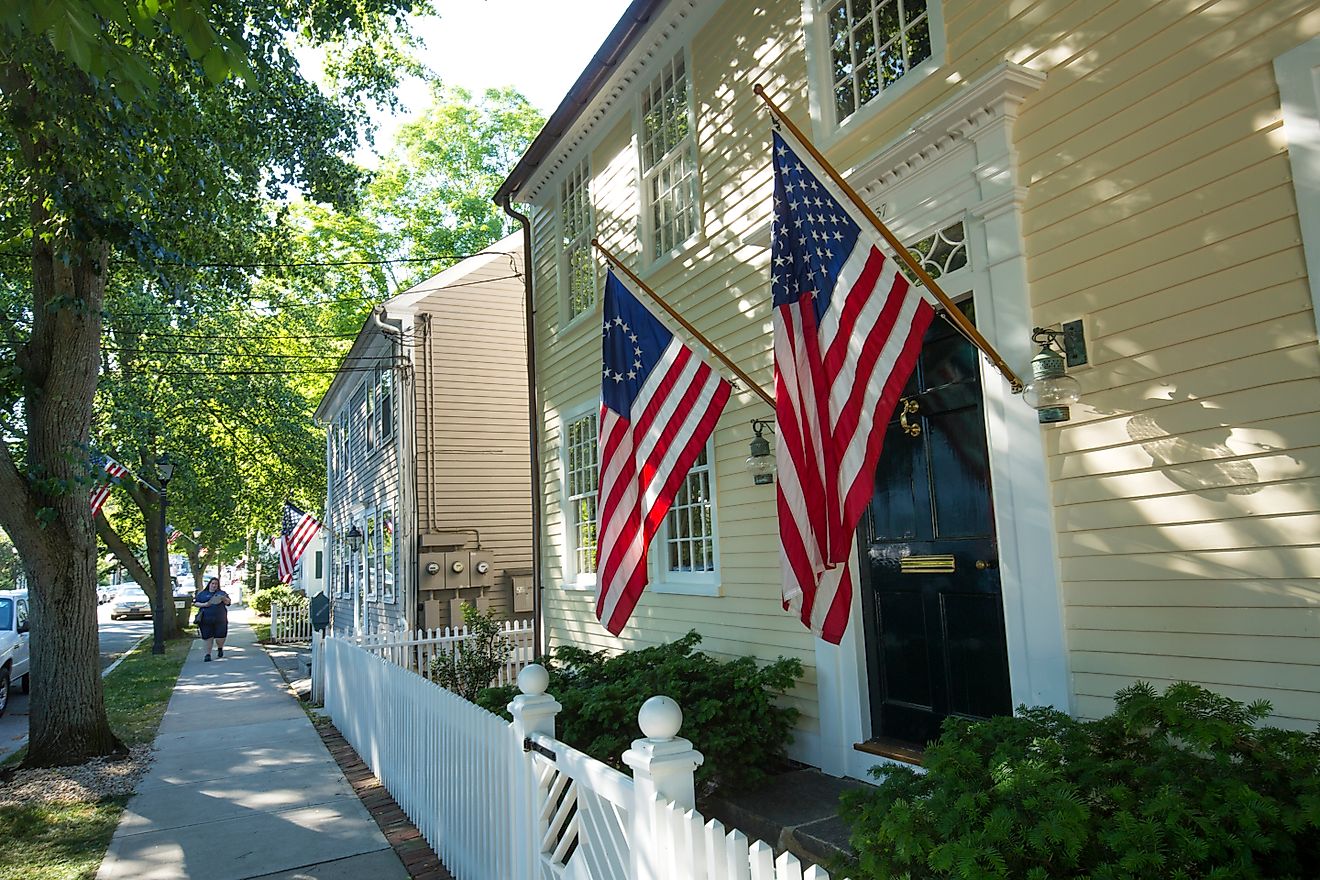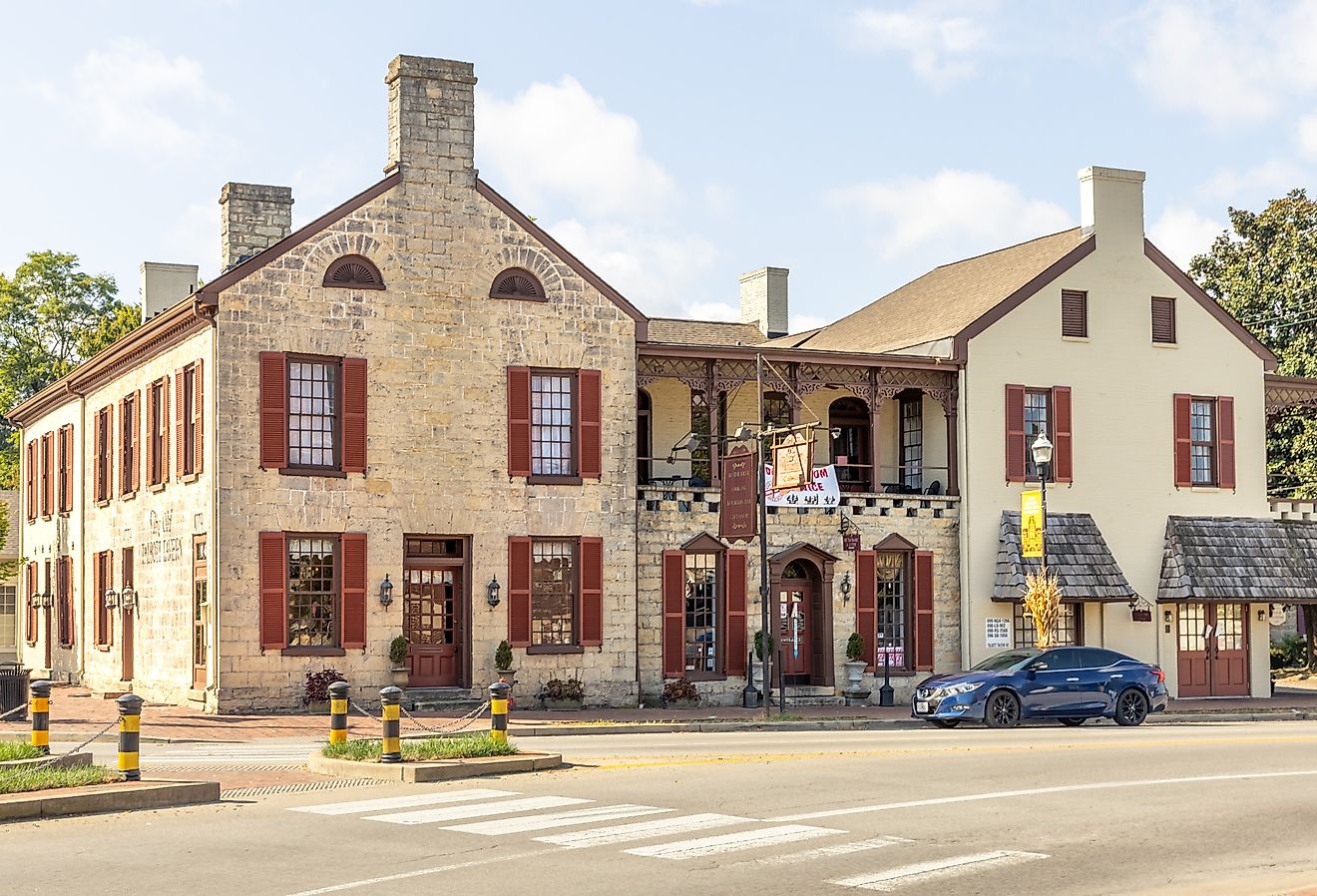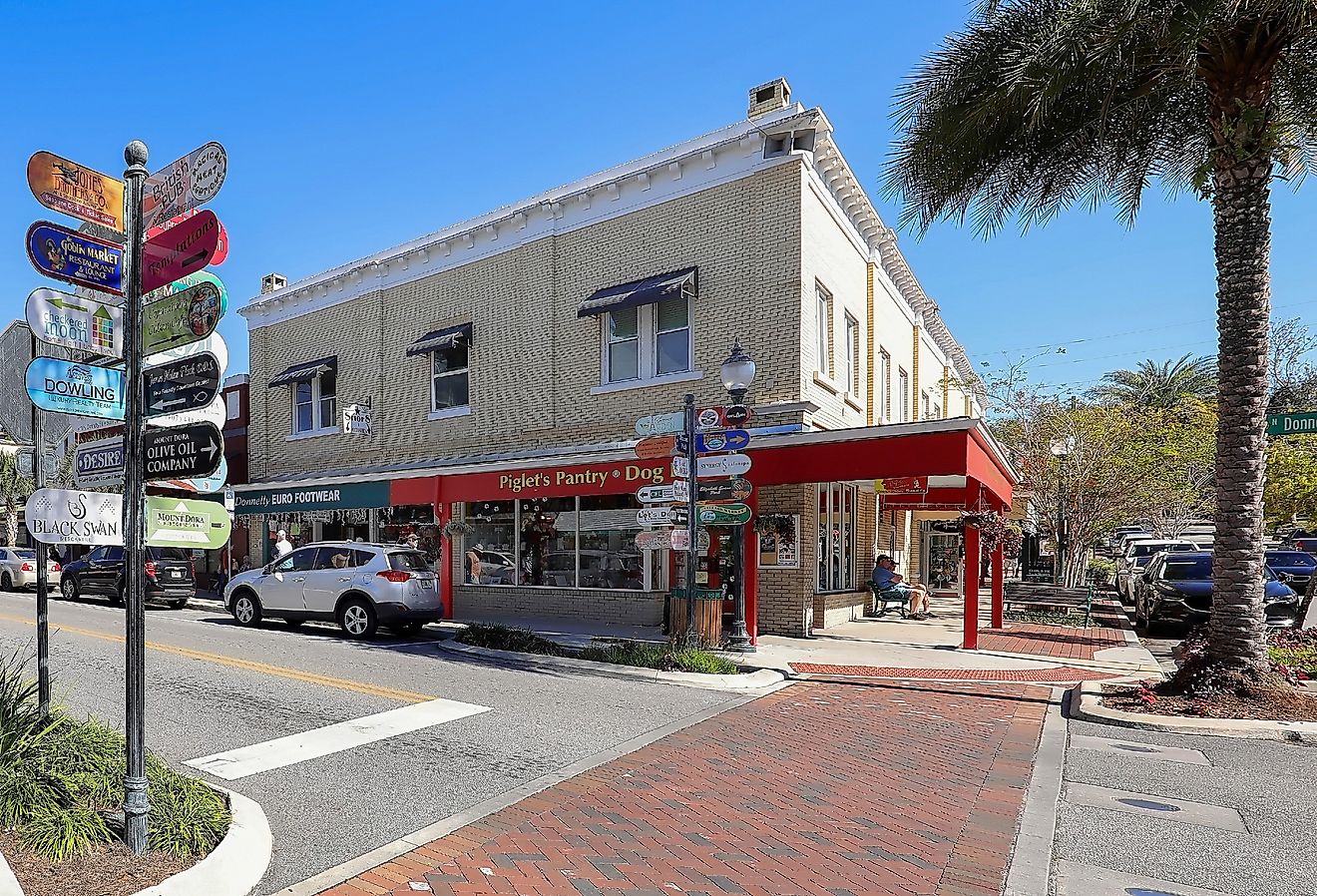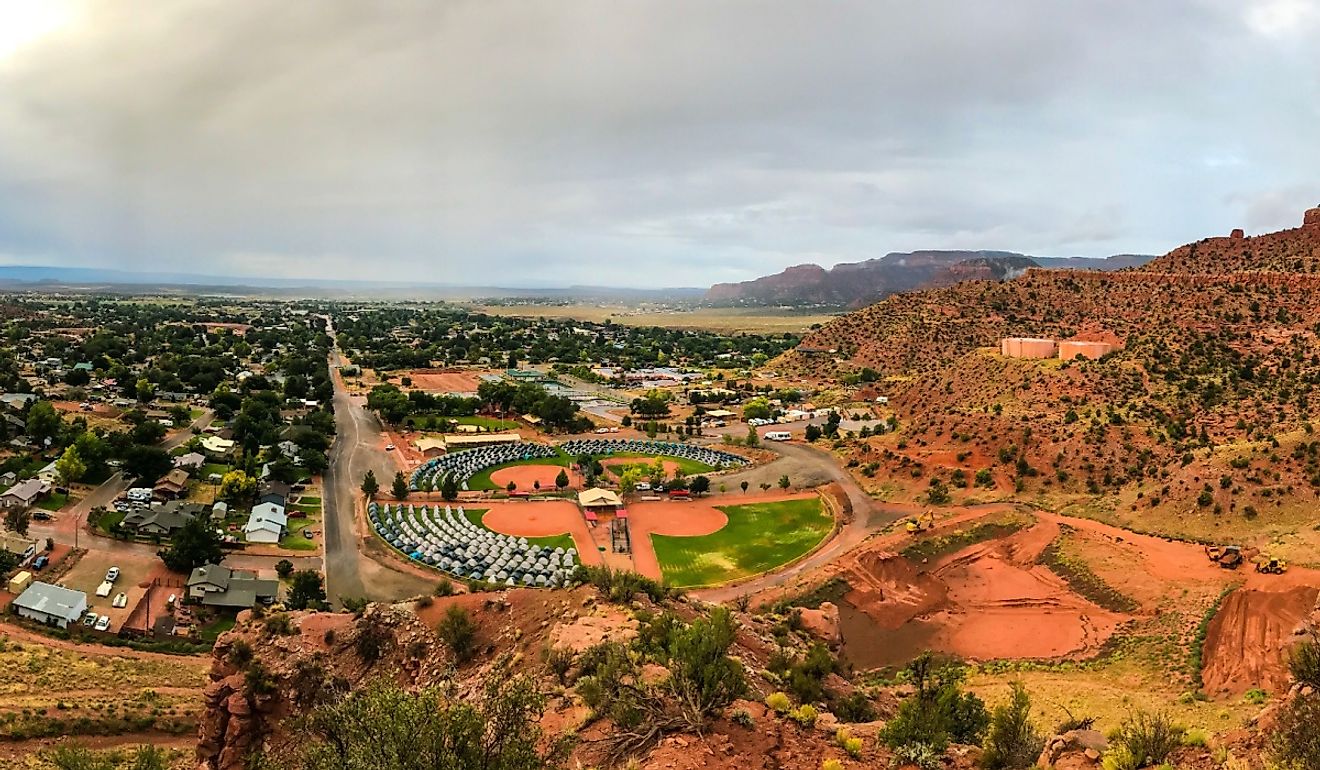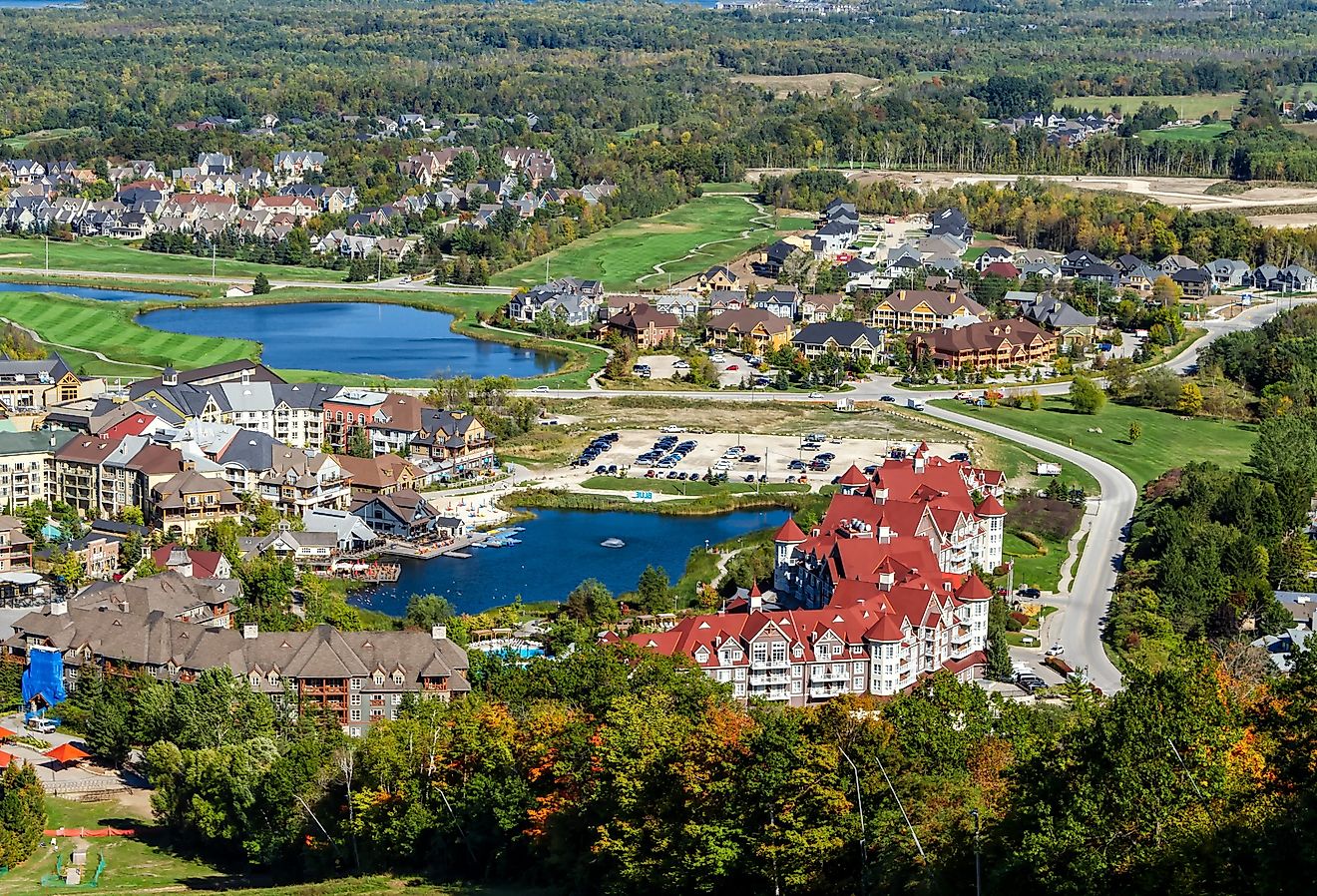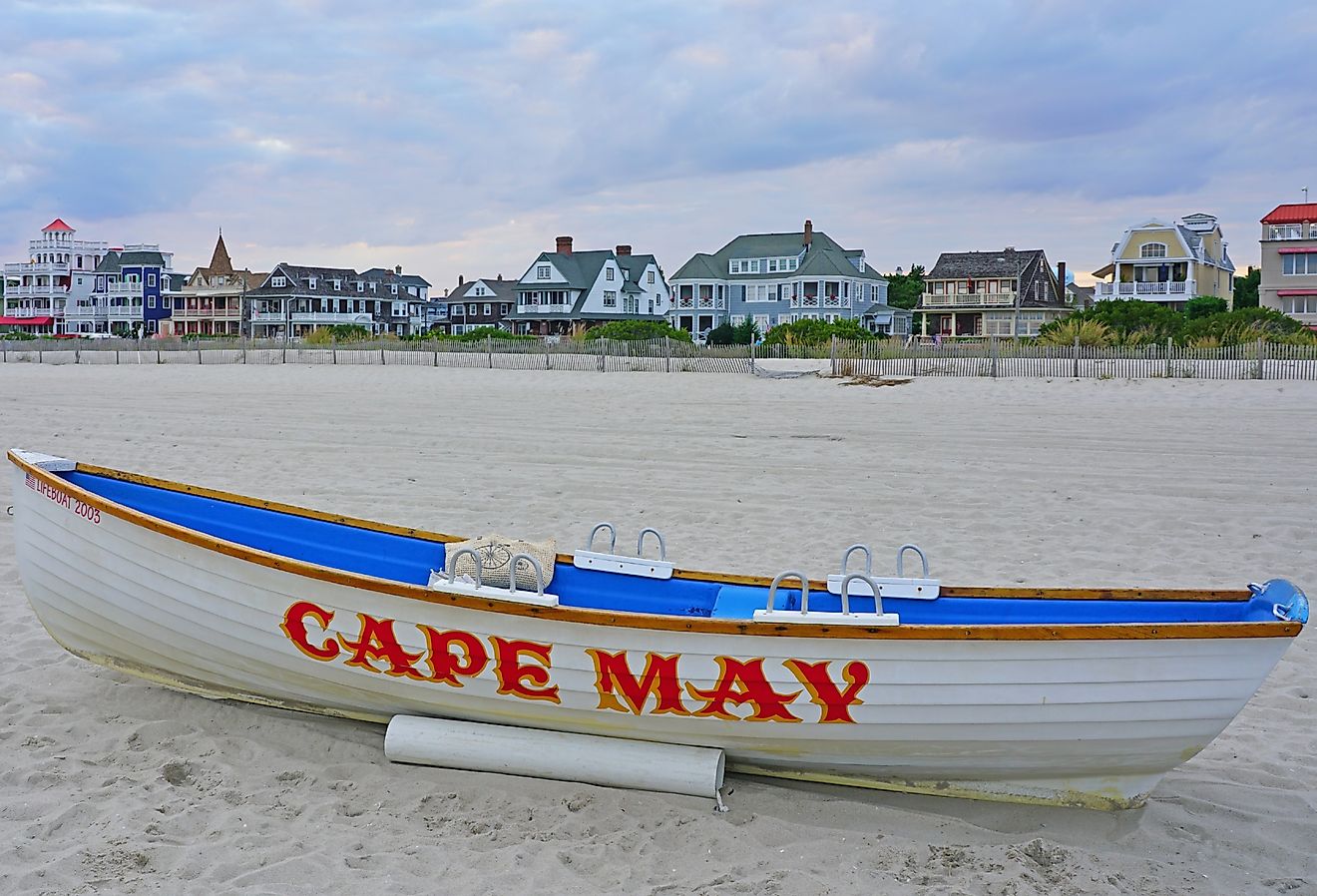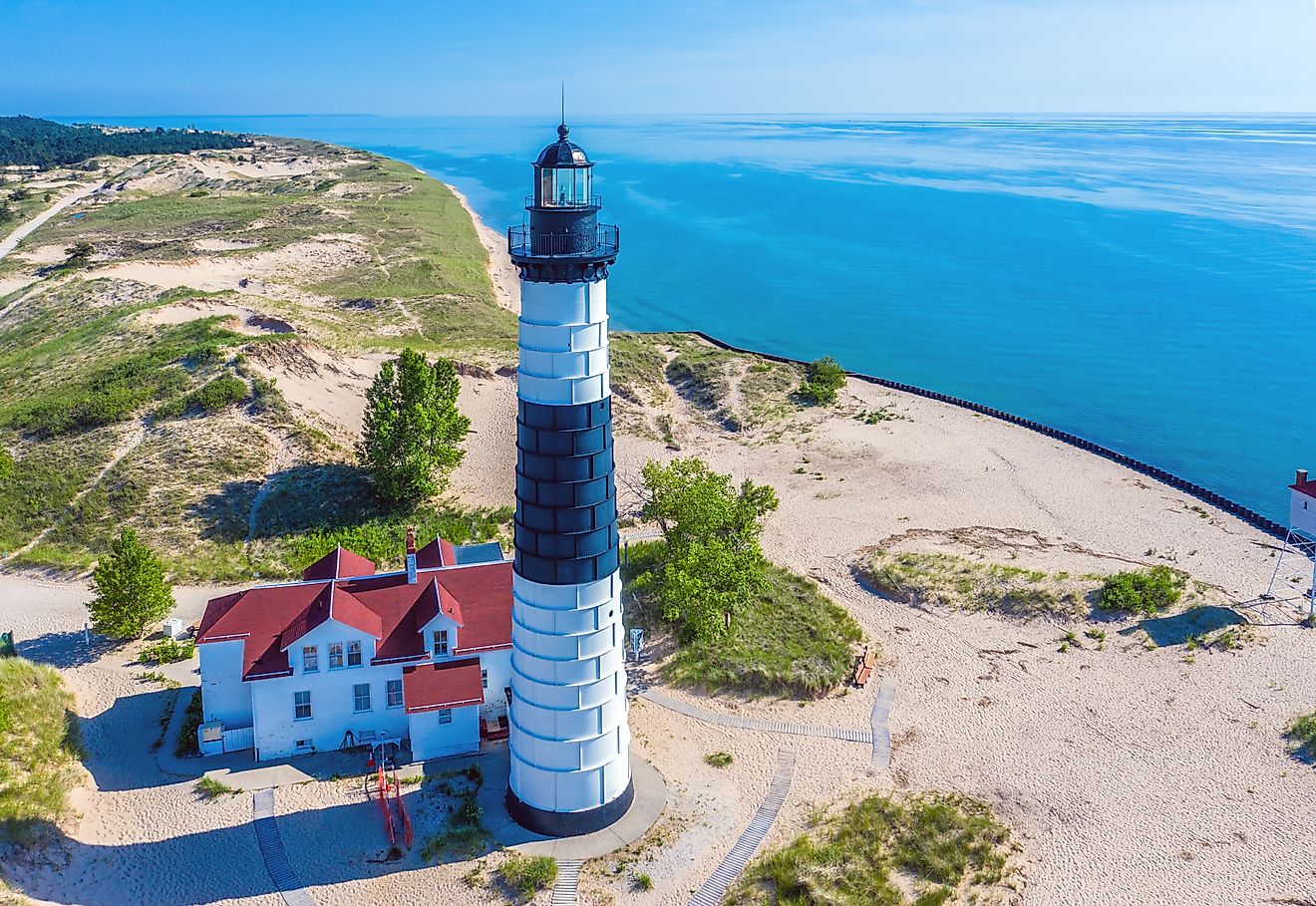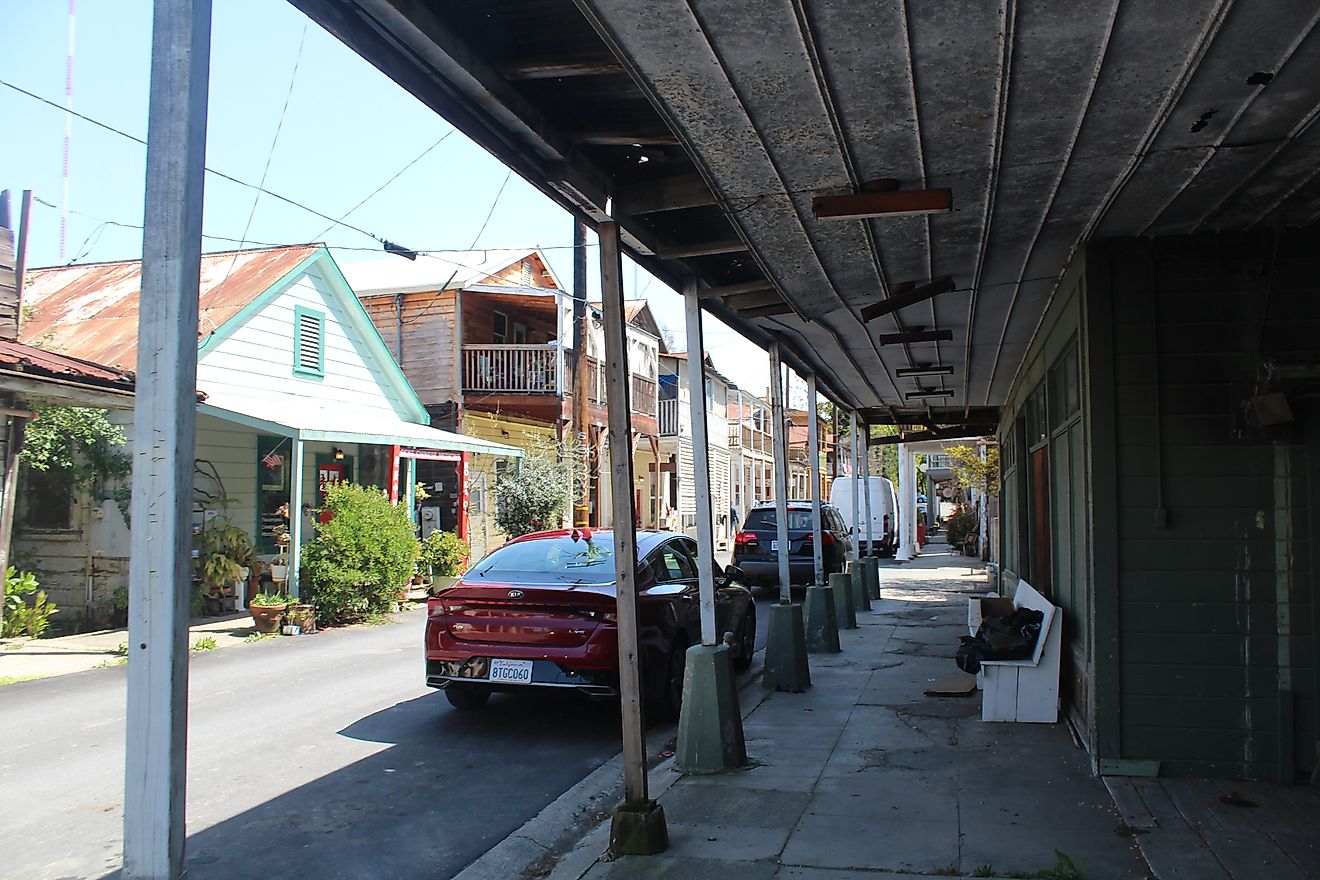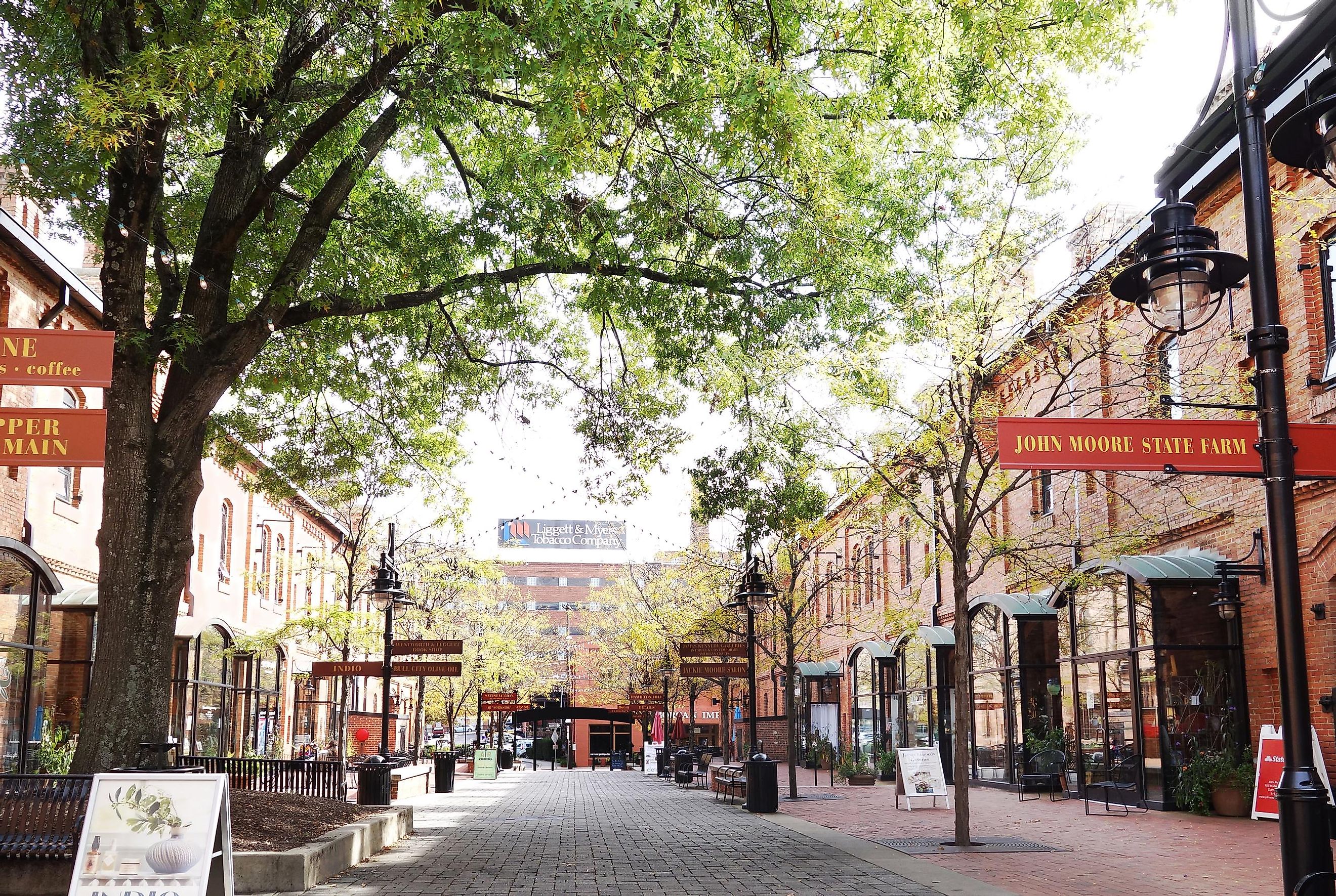
These Small Towns in Outer Bank Have the Best Historic Districts
The Outerbanks, or OBX in local parlance, is a historic stretch of barrier islands off of the coast of North Carolina. The 120 mile long chain of islands has inspired explorers, adventurers, romantics, and creatives for centuries. OBX is home to some of the nation's most revered historical events and sites like the Wright Brothers' first flight, Cape Hatteras Lighthouse, and the lost Roanoke colony.
It is also home to wide open shorelines accompanied by wild horses galloping on the beach and charming seaside villages. Although every piece of the Outer Banks is brimming with historical significance, these towns offer the best historic districts to explore.
Corolla

Historic Corolla Village, in Currituck, is a quaint town with sandy streets, wooden signposts, and buildings with shingle shake siding. The restored shops along the main route, along with the friendly shopkeepers, remind visitors of a simpler time, times that this seaside village happily embraces. Amongst the restored shops lie walking paths where visitors can visit historic homes like the Parker House, the Gray-Lewark House, and the Gard House. There is also a Village Garden along the path.
One of the more interesting places is the Wild Horse Museum which provides free information about the wild Spanish Stallions that call the Outer Banks home. There is another historic home, The Whalehead Mansion, a restored 1920s Art Noveau mansion that has been converted into a museum. The Currituck Lighthouse is located here and visitors are allowed to traverse the steps and catch a bird's eye view of the vast Atlantic Ocean.
Nags Head

Beach Row Cottages in Nags Head is a row of 19th and 20th-century cottages on the beach. The cottages have special meaning to the residents and have historical significance. They maintain the original architectural design that the beachfront town is known for. Wrap-around porches, brick fireplaces, and unpainted shingle siding are just a few features that draw visitors back in time.
The cottages are listed on the National Register of Historic Places and are carefully preserved. Some of the first cottages were built over the water while others were built with the water deep enough that sailing vessels could offload their cargo. These homes represent the historical architectural heritage of the Outer Banks, and the community seeks to preserve the simplistic natural beauty of the town by preserving these monumental keepsakes.
Kitty Hawk

Kitty Hawk has a fascinating history that can be traced back centuries before the 1500s European explorers discovered the island. The town's most famous sons, the Wright brothers were born here, and Kitty Hawk opened one of the first life saving stations in 1874, which was added to the National Register of Historic Places in 1984.
The Wright Brothers National Memorial is a site dedicated to the pioneers of aviation and, if planned correctly, one can witness a plane taking off or landing at the airport just behind the memorial. A historic site of archaeological importance is the Kitty Hawk Woods. Centuries of OBX settlers have traversed these woods, and visitors can retrace the steps of some of the oldest known civilizations that have called Kitty Hawk home.
Manteo

Manteo is on Roanoke Island which claimed its place in American history in 1590 when over 117 English settlers vanished without a trace after being on the island for three short years. The famed English explorer Sir Walter Raleigh explored this island before any of the other barrier islands. Any town with deep historical roots like Roanoke is a travel destination that earns a spot at the top of any bucket list.
The Fort Raleigh National Historic Site is one of the best sites to holistically learn about the entire history of the island from the Algonquian Indians to the Civil War battles held here. The Pea Island Cookhouse Museum honors Richard Etheridge, the first African American Life Saving Service Keeper, which is an integral part of Manteo's heritage. In short, the whole town is a historical district, but these sites should be the first to discover for any visitor.
Hatteras

Hatteras is the most well-known island in OBX. Mariners revile, or perhaps even revere, this stretch of the Atlantic Ocean known as the "Graveyard of the Atlantic". The whitewashed bones of many a shipwreck lay at the bottom of the Atlantic because of the treacherous waters that surround this barrier island. The most famous landmark is the black and white striped Cape Hatteras Lighthouse, erected to prevent mariners from becoming another shipwreck casualty.
The Chicomacomico Life Saving Station was the first of its kind, built in 1874 and held in service until 1954, and is a testament to the cultural significance of this island. The Frisco Native American Museum honors the Native Americans who first settled here and part of the building was built in 1880, making it a historical artifact in its own right. Hatteras is 42 miles long, making it one of the longest islands in the contiguous US, and claims the only National Seashore in the states.
The Outer Banks are made up of 15 seaside towns and, while each has historical significance, the historic districts in these five towns stand out. From well-preserved historical cottages, and monuments to the first people in flight, these towns hold a living piece of American history that begs to be explored and preserved. It is hard to define a "historic district" in these barrier islands because the entire Outer Banks has seen some of the most poignant moments in US history. However, these five towns keep a designated historic district to showcase the historical attributions that define the Outer Banks and so that the memories can be carried into the future.
